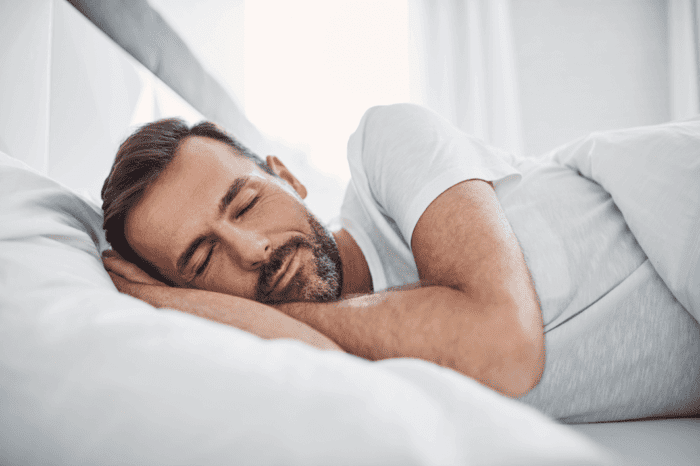
Do you or your partner snore? Snoring on its own can be harmless, but sometimes snoring may be a sign of sleep apnea. Obstructive Sleep Apnea is a condition that obstructs breathing during sleep. You may not wake up if you snore regularly, but with this condition you may wake up finding it difficult to breathe.
When you fall asleep, the tissues in your airways relax and can become smaller. However, airways can become obstructed by these tissues. In severe cases, if a person does not wake up when obstruction occurs, they could have a stroke, heart attack, or die because of the condition.
Dr. Joyce Kim and the professional team at Loyalsock Dental offer sleep apnea treatment to patients in the Williamsport, PA area. The Loyalsock staff provides patients with solutions to oral health solutions of every kind.
But what are the other signs of OSA to look out for, and how is the condition treated?
Signs of Sleep Apnea
There are multiple signs of obstructive sleep apnea to look out for, including:
- Dry mouth
- Fatigue
- Headaches
- Migraines
- High blood pressure
- Snoring
- Insomnia
- Difficulty concentrating
- Irritability
If you find yourself waking up to breathe, call Loyalsock dental at (570) 224-9992 for treatment.
Treating Sleep Apnea
Mild or moderate cases of OSA can be treated using oral appliance therapy. Before treatment, Dr. Kim will review your symptoms and take your budget and health into consideration before making a decision. If oral appliance therapy is chosen for treatment, Dr. Kim will take dental impressions of teeth and gums to craft your custom oral appliance.
Oral appliances act similarly to mouth guards in that they keep teeth from touching. However, this treatment also realigns the jaw, opening up the airways so that organs can receive the proper amount of oxygen.
Schedule an Appointment Today
If you think your snoring may be a sign of Obstructive Sleep Apnea, call Loyalsock Dental for comprehensive treatment today at (570) 224-9992. You can also schedule an appointment with Dr. Kim online here. She will help you treat OSA, whether it’s through oral appliance therapy or referring you to a specialist.
